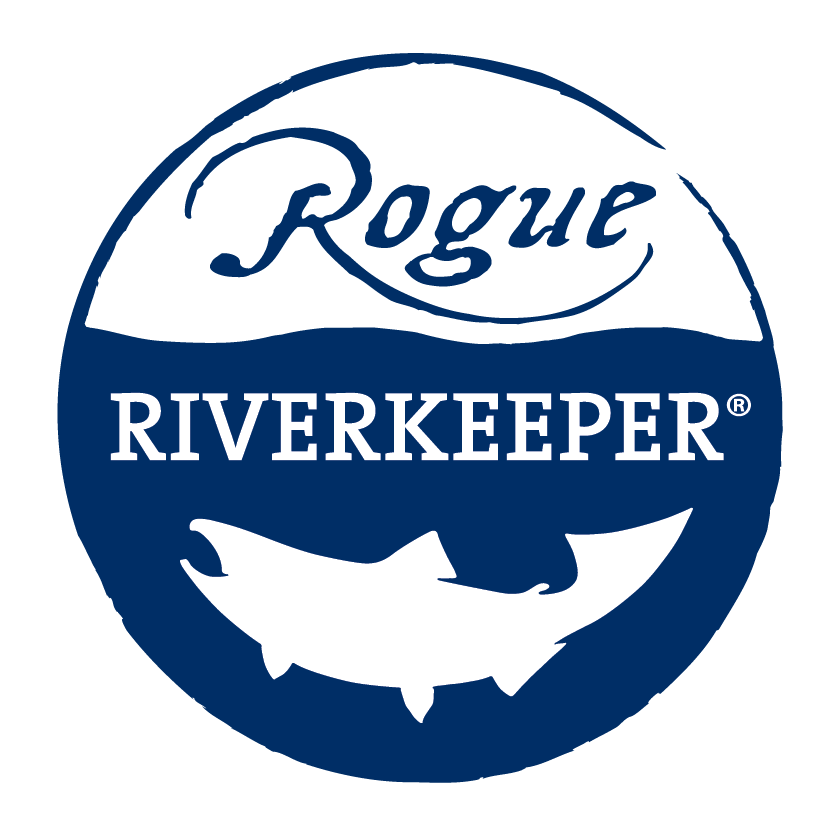Oregon Denies Clean Water Act Permit for Jordan Cove!
Oregon Denies Clean Water Act Permit for Jordan Cove!
On May 6th, the state of Oregon said a resounding “NO” to the Jordan Cove LNG project when the Department of Environmental Quality (DEQ) denied a critical Clean Water Act permit needed for the project to move forward.
Despite the Trump administration’s efforts to weaken the Clean Water Act, this decision shows that the state of Oregon is taking a stand for our communities and our clean water.
What permit was denied?
Under the federal Clean Water Act, each state has the authority to review large infrastructure projects that require federal licenses or permits and evaluate whether there is reasonable assurance that the project will comply with state water quality standards. These standards essentially out limits on different types of pollution, such as mercury or temperature, that are established based on sound science to protect clean water and public health. This Clean Water Act permit is called the Section 401 state water quality certification, or simply “401 certification.”
Why did DEQ deny the 401 Clean Water Act permit?
The Oregon DEQ denied the 401 certification because the Jordan Cove LNG project could not demonstrate that it would meet Oregon’s clean water standards. With more than 200 pages of findings, DEQ provided detailed and specific examples about the risks to clean water from the project and the lack of assurances that the project would comply with water quality standards.
What does this permit denial mean?
The Jordan Cove LNG project needs this permit to move forward. However, a number of other permitting processes are ongoing, such as the Federal Energy Regulatory Commission’s (FERC) Draft Environmental Impact Statement (DEIS). The denial of this permit is a critical milestone in stopping the project, but the fight isn’t over yet.
What’s next?
Right now, there’s an opportunity to add your voice in opposition to the Jordan Cove LNG project and submit comments to FERC. Join a comment writing workshop in your area and tell FERC that this project is not in the public interest. In June, FERC will hold hearings in impacted areas and you can stand up with our community for clean water in opposition to this harmful project.
For the Rogue,
Stacey

